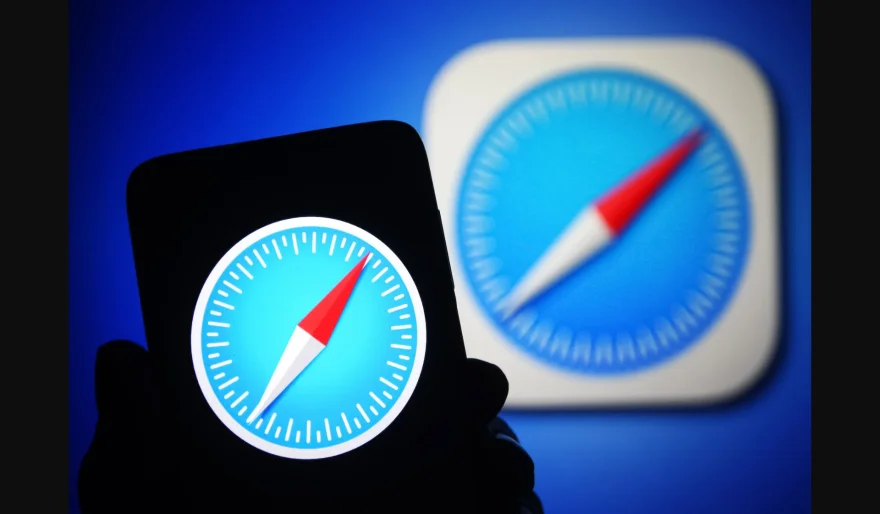Stay Ahead of the Curve
Latest AI news, expert analysis, bold opinions, and key trends — delivered to your inbox.
Apple Considers AI Search Engines for Safari — Could This Disrupt Google’s Search Dominance?
5 min read Apple is exploring AI search engines from OpenAI, Perplexity, and Anthropic for Safari. Eddy Cue revealed a decline in Safari’s search traffic, linked to AI’s rise, and suggested AI search could replace traditional engines. However, AI tools won't replace Google as the default just yet. May 08, 2025 09:58
Apple is actively looking to integrate AI-driven search engines into its Safari browser, with potential partnerships in the works with OpenAI, Perplexity, and Anthropic, Bloomberg reported on Wednesday.
In his testimony during the U.S. Justice Department’s lawsuit against Google, Eddy Cue, Apple’s Senior Vice President of Services, highlighted a significant shift in the search landscape. Cue disclosed that Safari’s search traffic had declined for the first time in history last month — a trend he believes is tied to the growing adoption of AI-powered search tools.
What This Means for Search:
-
AI search engines offer more than just links — they generate contextual, real-time answers by processing large datasets, analyzing multiple sources, and delivering insights in a conversational, human-like manner. This is in contrast to traditional search engines like Google, which rely on keywords and rankings to provide a list of links.
-
Perplexity, for example, uses AI to synthesize data from the web and give users direct answers, reducing the need for manual searches and clicks.
-
OpenAI’s models, like GPT-4, could provide highly intelligent query responses, capable of generating explanations, summaries, or even performing tasks directly through integrated web browsing features.
-
Anthropic’s Claude could leverage its reasoning abilities to process and contextualize search results, making AI-powered search more intuitive and contextually aware.
Apple’s Search Strategy:
Cue mentioned that Apple has already held discussions with Perplexity about integration, though no official agreements have been made yet. While Apple is exploring these AI search tools, Cue cautioned that these services may not be the default search option for Safari users anytime soon. AI search engines, while promising, are still in early stages, with further refinement needed before they can fully replace traditional engines like Google.
However, Cue’s statements signal a future where AI-enhanced search engines could offer more personalized, efficient, and dynamic search experiences, reducing reliance on keyword-based, link-heavy results that have dominated the web for decades.
The End of Google’s Default Search Dominance?
Currently, Apple’s lucrative $20 billion/year deal with Google ensures that Google remains the default search engine on Safari. But with the rise of AI and its ability to revolutionize how users interact with information, Apple’s move could signal a gradual shift away from traditional search models, potentially disrupting Google’s long-standing monopoly on web search.
This change could be transformative, not just for Apple users, but for the entire search industry, as AI-powered search tools provide an entirely new way to access and interact with information online.



















 AI Agents
AI Agents